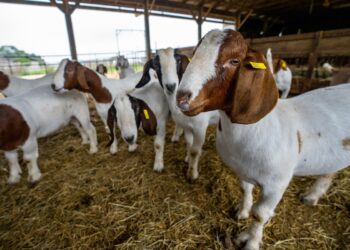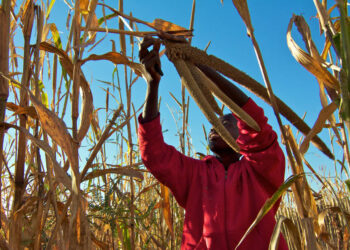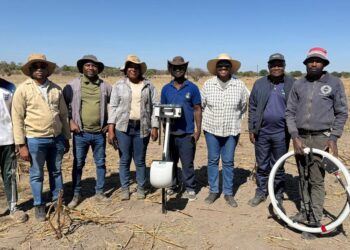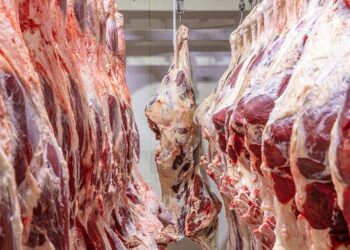
The Ministry of Agriculture, Water and Land Reform says the feasibility studies, design and drawings for the construction of a N$35-million meat processing plant at Katima Mulilo in the Zambezi Region will be completed by September.
This phase, according to the Ministry’s Head of Public Relations, Chrispin Matongela, will be funded through the Livestock Support Programme – Eleventh Development Fund 11 (EDF 11).
The government will deal with all costs associated with the construction and completion of the project. The processing plant will be constructed on a five-hectare of land next to the existing Meatco abattoir.
“In a strategic collaboration, the Ministry/government will partner with the Livestock Support Programme (LSP) to co-fund the Meat Processing Plant project, a pivotal development that extends beyond the LSP Programme timeline,†said Matongela.
“The initial phase, to be funded through LSP, focusing on feasibility studies and design drawings, is anticipated to be completed by September 2024, laying the groundwork for the Ministry/GRN-led funding of the construction phase. Despite anticipated cost escalations from the initial estimates, the co-funding of this project is a testament of MALWR’s dedicated efforts in ensuring a successful realisation of this project,” he added.
The idea for a meat processing plant was decided on by the Ministry in 2022. At the time the Ministry’s Executive Director, Ndiyapuki Nghituwamata, said the Katima Mulilo abattoir is an export abattoir which exports raw beef to other countries with less to no value added.
He added that the processing plant will enable value addition while simultaneously creating jobs both during construction and operational periods.
The Livestock Support Programme (LSP) – Eleventh Development Fund 11 (EDF 11) is being rolled out through funding of N$284,079,245 from the European Union, aimed to promote entrepreneurship and enhance the livelihood of Northern Communal Areas (NCAs) livestock farming communities.
The funding includes the construction of the Katima Mulilo quarantine and the upgrading of the Sachinga Livestock Development Centre to be equipped with a satellite artificial insemination facility.
The programme is being implemented in eight northern regions of Zambezi, Oshana, Oshikoto, Omusati, Kunene, Kavango West and East regions.
“The LSP-EDF 11 has achieved remarkable progress, completing the design phase for seven out of nine work contracts focused on infrastructure development. This advancement underscores our commitment to successfully and timely implement all LSP projects.
“It is noteworthy to state that the evaluation of Tender 1, encompassing pivotal projects, such as the upgrading of the existing slaughterhouse to an abattoir at Opuwo in Kunene, as well as the Construction of an Artificial Insemination Centre at the Okapya Livestock Development Centre in Oshikoto, is in its final stages,” stated Matongela, highlighting progress of the programme.
“These projects are critical for improving local capacities and services in the livestock sector. We are thrilled to announce that Tender 2 will be launched on Tuesday 26 March 2024, presenting a significant opportunity for Namibian construction companies to contribute to achieving this.”
Among the projects to be undertaken in the second tendering phase, are the construction of a 1,000 cattle capacity feedlot and related infrastructure at Etunda; upgrading of quarantine facilities and renovation of multi-purpose farm infrastructure at Omutambo Maowe, both in the Omusati Region.
This is in addition to the construction of a new Agricultural Development Centre, Veterinary Office, and staff housing at Nkurenkuru in the Kavango West Region; and the renovation and upgrading of an auction facility at Ncaute in the Kavango East Region.
“Furthermore, we are working on the construction of the office, accommodation and animal handling facilities at Okalupalona. Efforts are currently directed towards finalising the scope of work. This facility is expected to play a crucial role in providing Veterinary Services in and around Okalupalona as there is a high livestock movement between Namibia and Angola,” Matongela said.
“With all these economic activities lined up, we encourage the Namibian construction industry to seize these opportunities, contributing to the improvement in the performance of the livestock value chain in the NCAs. Together, we can achieve remarkable strides in promoting sustainable entrepreneurship and livelihood enhancement in the NCA livestock farming communities.”











